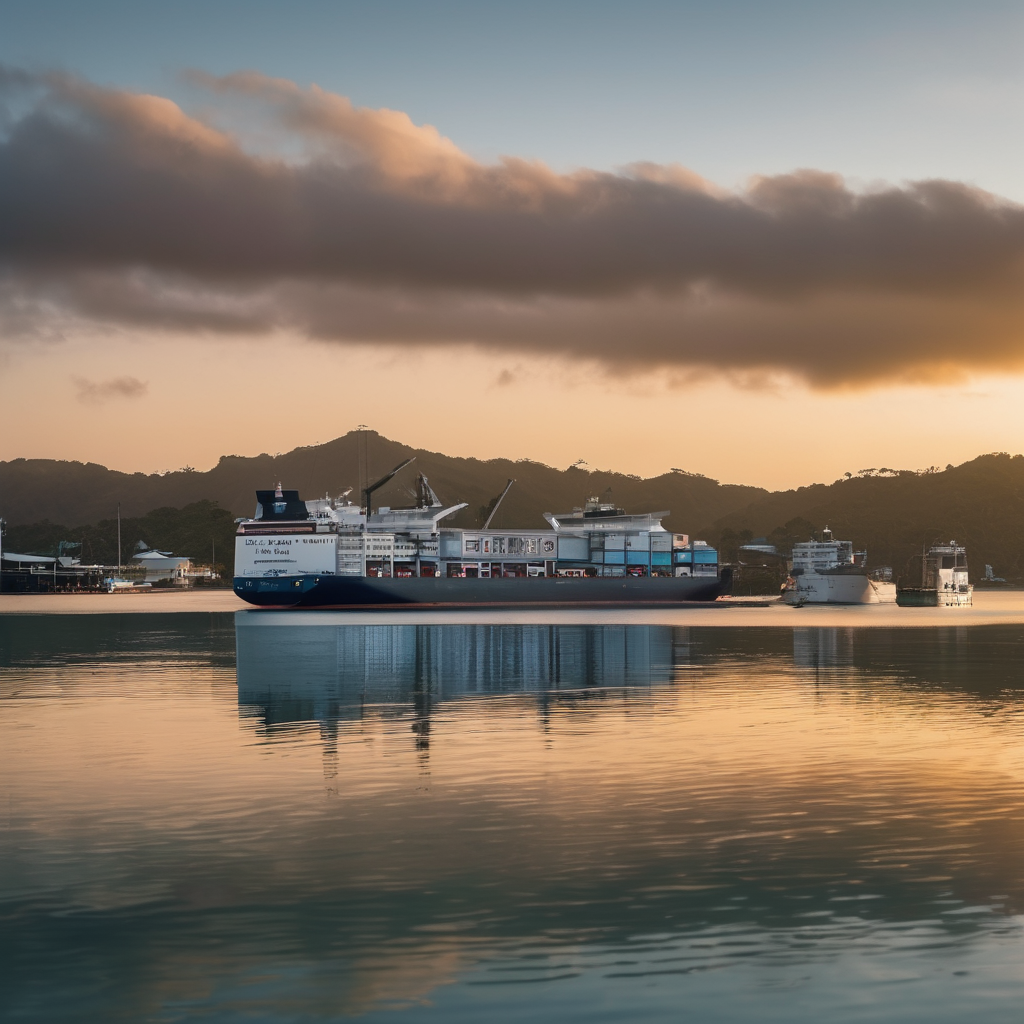Fiji Ports Corporation Limited is urgently calling for significant reforms in vessel boarding procedures and enhanced oversight of quarantine officers across the country’s ports. This advocacy was articulated by Manager Legal Vani Filipe during her testimony before the Standing Committee on Justice, Law and Human Rights. Filipe highlighted the existing inconsistencies among ports, pointing out that, for instance, ship inspections in Lautoka occur within port boundaries, while in Suva, they take place 27 miles offshore at pilot stations. Such discrepancies have led to confusion among pilots and port staff, ultimately hindering efficiency at the ports.
Filipe also stressed the adverse effects stemming from the limited boarding hours of 6 AM to 6 PM, which frequently result in delays, thereby disrupting port workflows. She emphasized the need for better coordination among various authorities working within the port, which includes biosecurity, customs, and health ministry regulations established under the Quarantine Act.
The recent adoption of the Quarantine Amendment Act 2025, aimed at modernizing existing laws and clarifying definitions, has equipped the corporation with a stronger foundation for proposing changes. Filipe suggested that transferring the appointment of quarantine officers to the Permanent Secretary of Health could lead to improved administrative efficiency. Furthermore, the establishment of a national register for quarantine officers is anticipated to document their qualifications and training, ensuring that boarding personnel are well-trained and compliant with international security standards.
Filipe also expressed concerns regarding the vague legal definitions found in Section 7 of the Act. She warned that such ambiguous language might inadvertently implicate port staff merely fulfilling their duties. Advocating for clearer definitions, she argued that this could help avert potential legal complications and sustain operational efficiency.
Fiji Ports is advocating for the harmonization of various regulatory frameworks, including the Seaports Management Act, Biosecurity regulations, and the Quarantine Act. This alignment aims to improve operational clarity and minimize delays. Filipe emphasized that standardized procedures and transparency are essential for streamlined operations, risk management, and maintaining international competitiveness.
These calls for reform are part of a broader movement within Fiji’s maritime sector, which has recently faced scrutiny due to various safety and compliance issues. In this context, the Maritime Safety Authority of Fiji has initiated comprehensive reforms to tackle operational challenges and bolster safety regulations across the industry. This is undoubtedly creating a positive outlook for Fiji’s maritime operations and reflects a strong commitment to safety, regulatory compliance, and enhanced efficiency. As the nation aspires to solidify its position as a leading maritime hub in the Pacific, the proposed reforms by Fiji Ports Corporation Limited play a crucial role in realizing that ambition.
